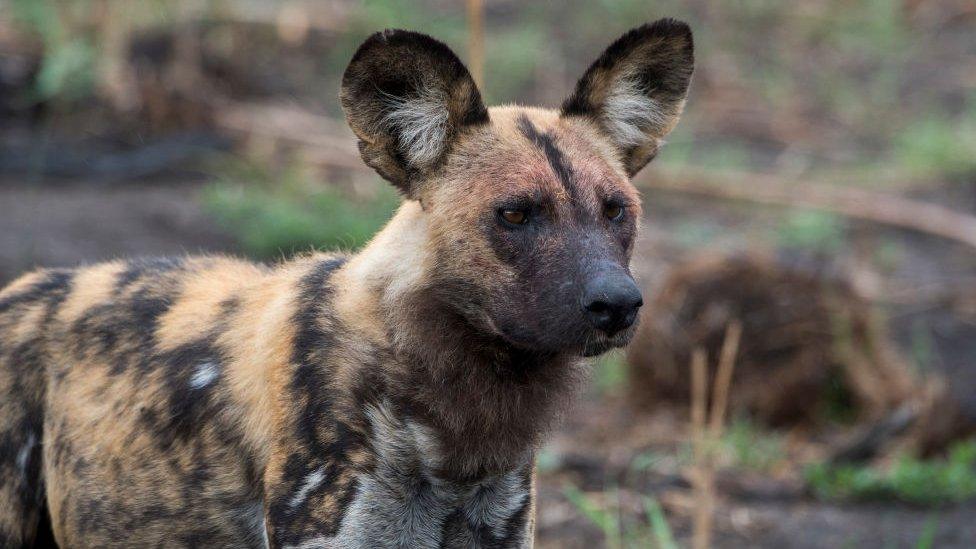Endangered vulture chick at Longleat 'thriving'
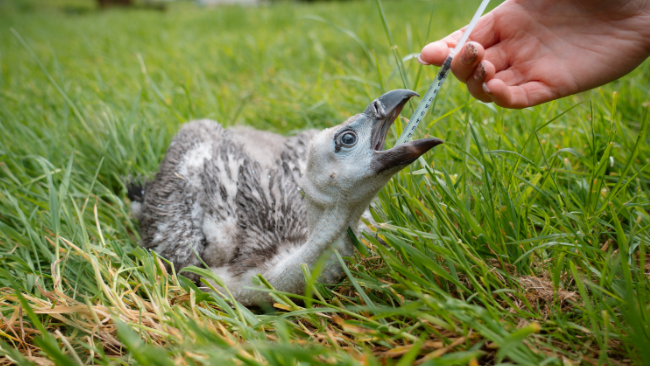
The African white-backed vulture chick is the first to be hand-reared successfully at Longleat Safari Park
- Published
A chick from a critically endangered species of vulture has become the first of its kind to be successfully hand-reared at a wildlife park in Wiltshire.
The African white-backed vulture chick is seven weeks old and now thriving at Longleat Safari Park.
The hatching is part of a breeding programme.
“The mother has sat on eggs before, but they’ve never hatched; this time we were able to support her by putting the eggs in an incubator,” said Darren Beasley, Head of Animal Operations at Longleat.
'Under threat from pesticide poisoning'
“The chick is now 10 times the size of when it was born and is doing really well,” he said.
The vultures, which are also known as Gyps Africanus, are critically endangered as a species.
Its numbers have dwindled from 80 million in the 1980s, external to only a few thousand today, a decline of 99.9 per cent.
"Many are under threat from pesticide poisoning around the world which is why we support the charity TUSK and its Vulture Conservation Project (VULPRO) across South Africa," Mr Beasley said.
“In addition, one of our keepers, Amy Parratt, is on the national vulture working group which oversees the breeding programme in the UK.
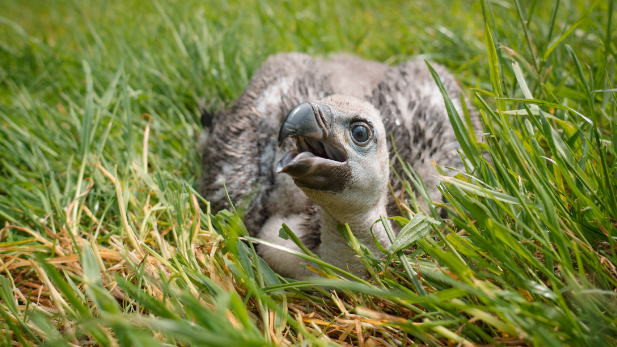
The vulture chick is now seven weeks old and 'thriving'
“Vultures are nature’s way of clearing up; a key component of the African ecosystem - the wombles of Africa you could say,” he added.
The chick, which is yet to be named, will join the venue – the official name of a vulture aviary – in the next few weeks.
Follow BBC Wiltshire on Facebook, external, X, external and Instagram, external. Send your story ideas to us on email or via WhatsApp on 0800 313 4630.
Related topics
- Published21 June 2019
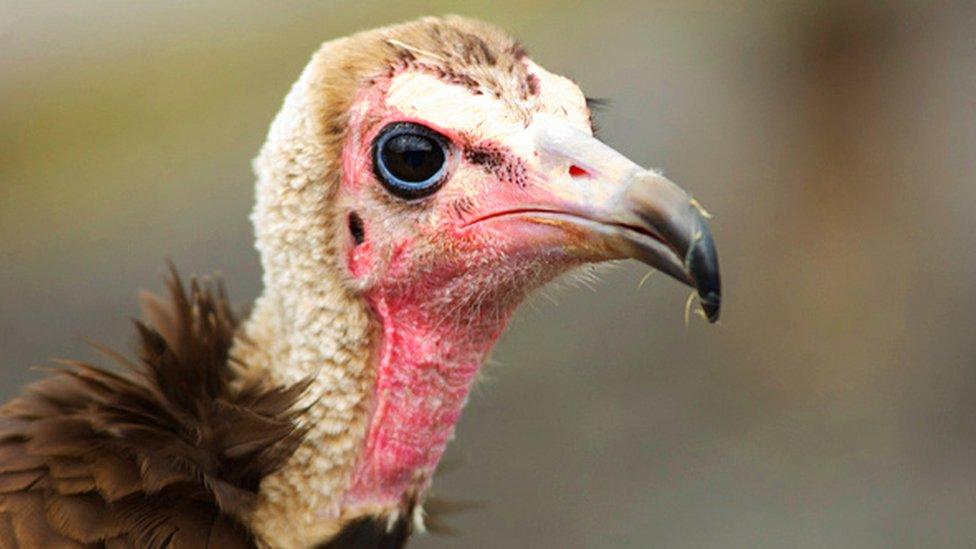
- Published14 April 2024
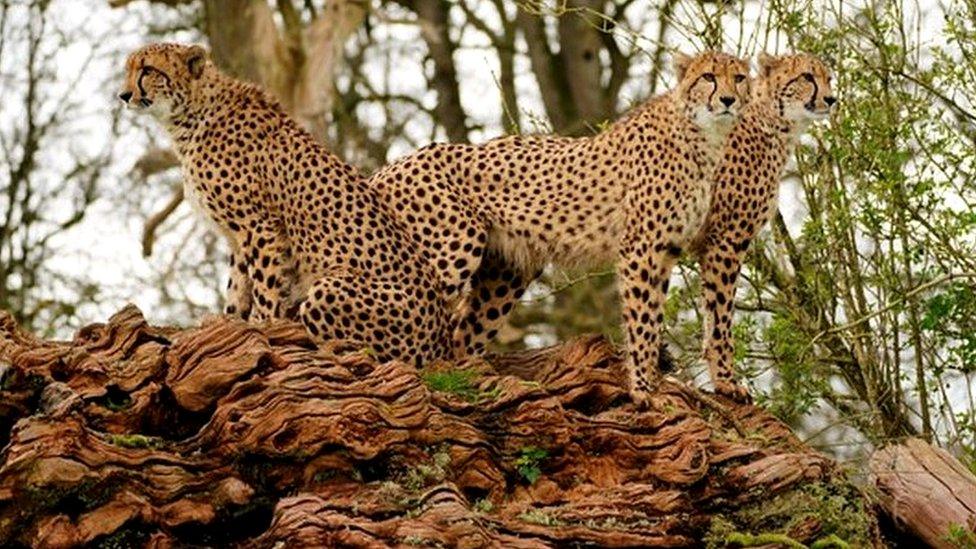
- Published30 January 2024
